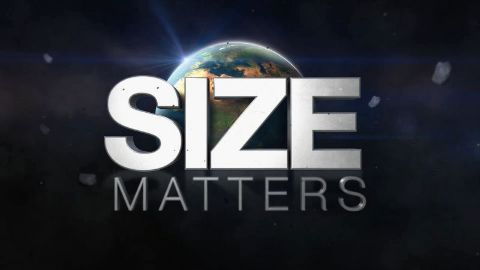The Secret Life of Ice • 2011
Ice is one of the strangest, most beguiling and mesmerising substances in the world. Full of contradictions, it is transparent, yet it can glow with colour, it is powerful enough to shatter rock, but it can melt in the blink of an eye. It takes many shapes, from the fleeting beauty of a snowflake to the multimillion-tonne vastness of a glacier and the eeriness of the ice fountains of far-flung moons. Science writer Dr Gabrielle Walker has been obsessed with ice ever since she first set foot on Arctic sea ice. In this programme, she searches out some of the secrets hidden deep within the ice crystal to try to discover how something so ephemeral has the power to sculpt landscapes, to preserve our past and inform our future.
Make a donation
Buy a brother a hot coffee? Or a cold beer?
Hope you're finding these documentaries fascinating and eye-opening. It's just me, working hard behind the scenes to bring you this enriching content.
Running and maintaining a website like this takes time and resources. That's why I'm reaching out to you. If you appreciate what I do and would like to support my efforts, would you consider "buying me a coffee"?
Donation addresses
BTC: bc1q8ldskxh4x9qnddhcrgcun8rtvddeldm2a07r2v
ETH: 0x5CCAAA1afc5c5D814129d99277dDb5A979672116
With your donation through , you can show your appreciation and help me keep this project going. Every contribution, no matter how small, makes a significant impact. It goes directly towards covering server costs.





